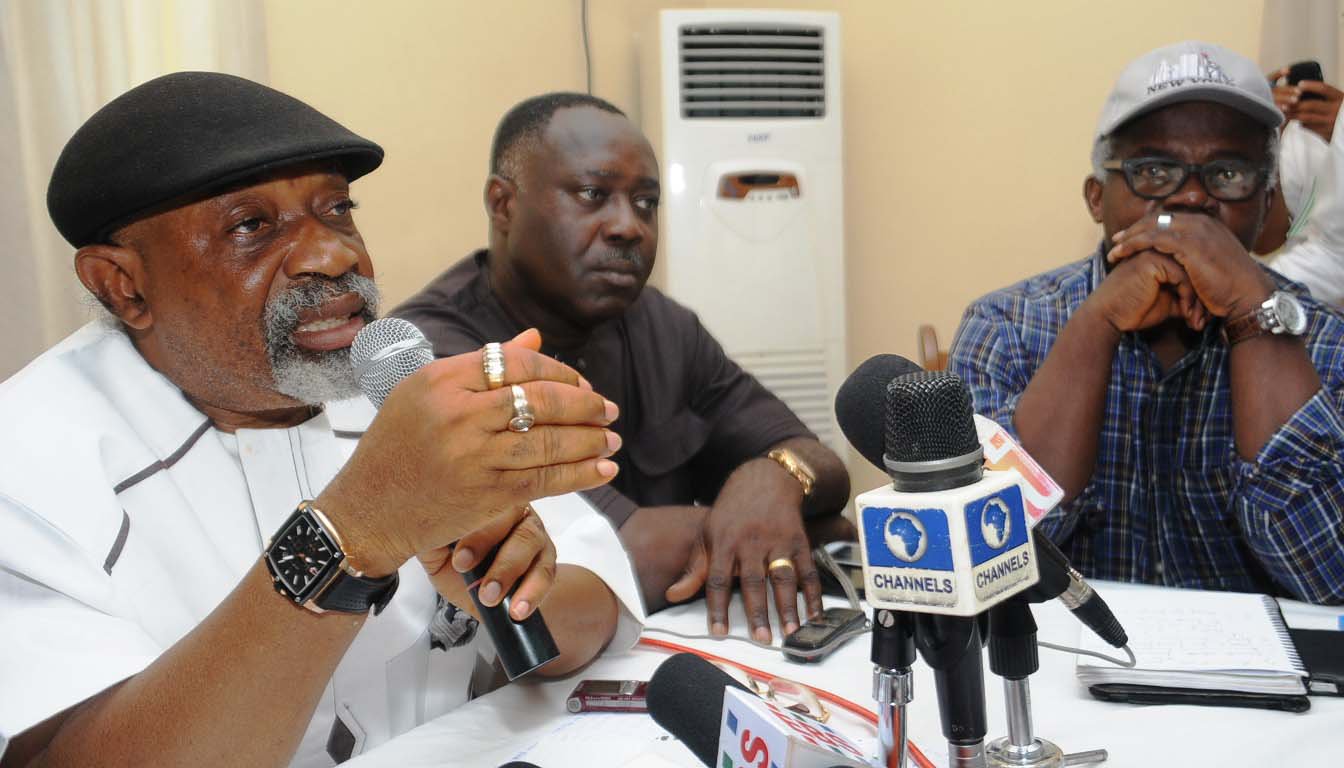The federal government has started the process of enforcing “no work, no pay” rule, seeking means to ensure any worker who goes on strike will lose his or her pay for the period of the strike.
Chris Ngige, minister of labour, disclosed this to state house correspondents at the end of the weekly meeting of the federal executive council.
He said the decision formed part of the report of a technical committee established on April 27, 2016.
The minister said the decision had become necessary because of the many industrial actions witnessed in the country lately.
Advertisement
“First and foremost, the report emphasised the need to implement the law on ‘no work, no pay’,” he said.
“The ‘no work, no pay’ is not a rule, neither is it a policy. It is a law captured on Trade Disputes Act of Federation.
“Section 43 to be precise says that workers have a right to disengage from an employer if there is a break down in discussions or negotiation. But for the period that the worker does so, the employer should not pay and those periods are to be counted as non-pensionable times in the period of work.
Advertisement
“So, council today re-emphasised that that law is still in force and that it should be brought to the knowledge of workers in the public and private sector, especially those in the public sector.
“We have to do that because of the spate of industrial crisis we have suffered in the last two months when we had a plethora of strikes all over the place.
“So the council has said this should be reemphasised to workers so that they will know. Meanwhile, for the strike embarked upon the last time, we will see what we can do about that because there is a law in place.”
Ngige said the council also looked at another recommendation in terms of people who are permanently doing union activities.
Advertisement
He said there are people who have remained presidents of trade unions for life yet criticise politicians trying to seek third or fourth term.
Add a comment






